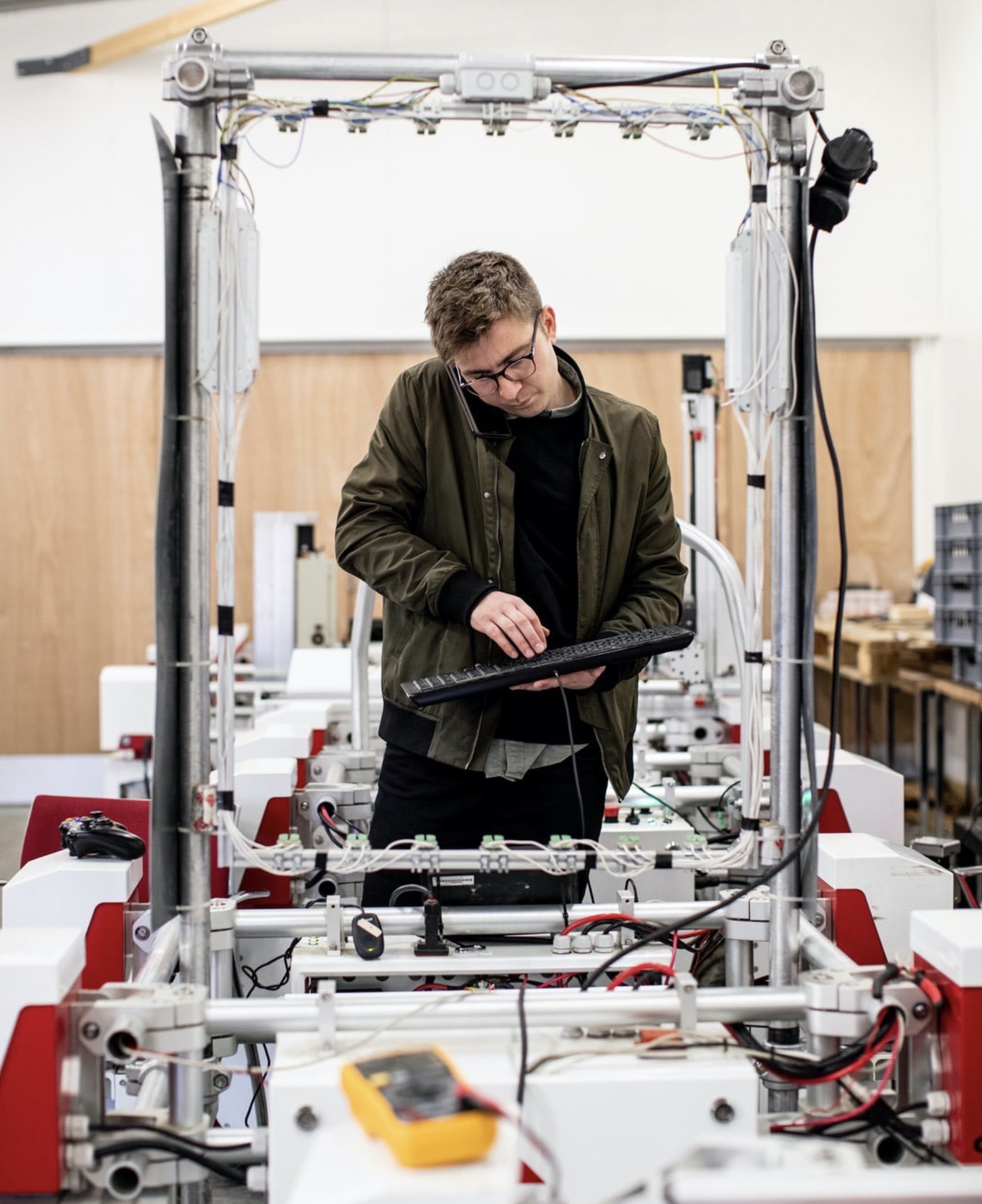An innovative new type of metal glue that sets at room temperature might be able to put an end to delicate soldering techniques that are used in various electronics. The glue was created by a team of researchers from Northeastern University in Boston.
The research team was led by Northeastern Professor Hanchen Huang, who represents the school’s department of mechanical and industrial engineering. Along with two PhD students, Professor Huang named the glue “MesoGlue”. Their research was published this month in the academic journal Advanced Materials and Processes.
By using the glue, electronics makers would be able to connect small parts with extreme precision and security. At the present time, these connections require soldering techniques. Such soldering is often conducted by hand, and it is an incredibly delicate procedure that leaves little room for error. Should the soldering come undone for any reason, the device can fail to work properly.
The glue works by taking advantage of tiny metallic nanorods that are just 10 to 20 nanometers wide. They are coated with iridium on one side and gallium on the other. The nanorods are arranged in lines, similar to teeth on a jacket’s zipper. When the teeth become interlaced, the iridium and gallium make contact, becoming a liquid. The core of the metallic nanorods converts that liquid into a solid in order to form a strong bond. The entire process can be completed in less than one minute.
Professor Huang explained, “It happens at room temperature, pretty much with just your fingertip pressure.”
And unlike standard polymer glue, MesoGlue remains strong at extremely high temperatures and under high pressure. The glue is also an outstanding conductor of heat and electricity, and it resists the leakage of air or gas.
It is expected that the glue will be primarily used to attach components to circuit boards without soldering. This would eliminate the risk of damaging the circuit board, which has been a longtime problem in the creation of circuit boards. The glue could also be used in heat sinks, which are the components that prevent electronics from overheating.
For more than a decade, Professor Huang and his team have been working on nanorod technology. The team has already received a provisional patent for MesoGlue, and they have launched a company to sell the product.
While the glue is expected to be far too expensive for ordinary household use, it should make waves in the electronics industry. It is also likely that MesoGlue will see a large amount of use by manufacturers of military equipment and by aerospace companies. Still, it could take several years before MesoGlue is ultimately integrated into various manufacturing processes.
Stay Connected